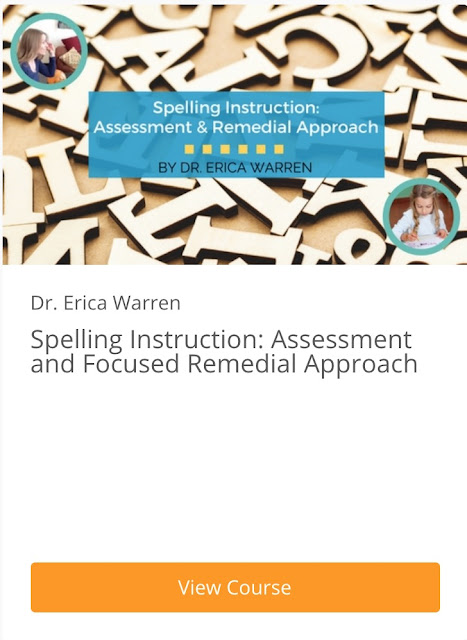This week I wanted to tell you about my online store, Good Sensory Learning. I’m Dr. Erica Warren, and I established this site so I could share all the materials that I have created over the last 20+ years as a learning specialist and educational therapist. When I first began my private practice, Learning to Learn, I had great difficulty finding fun and multisensory materials for my students that were effective and engaging. So back in 2005, I made it my mission to design and distribute high-end, remedial products as well as memorable, motivating lessons that bring delight to learning. If you would like to try a free sampling of my activities , CLICK HERE . How Are the Products Organized at Good Sensory Learning? You can download my Free Printable Catalog or you can browse the site using the grey “search all products” bar in the top right of any page with keywords such as dyslexia, working memory, and executive functioning. What’s more, drop down menus in the red banner allow you t...
Most teachers have excellent executive functioning skills, so when they come across students that struggle in this arena, they may have little compassion or patience. For many students, executive functioning is relatively easy. However, for some, tasks that require self-initiation, planning, time management, and organization to name a few, can be an immense struggle. What is Executive Functioning and Does it Impact Learning? Executive functioning is much like the conductor of one's brain. It is a mental process that gathers and creates meaning from sensory information. Allowing us to makes sense of what we experience, executive functioning also enables focused attention, metacognitive skills , and helps us to relate new content to prior knowledge. Executive functioning affects learning because it is the lens through which we perceive the world around us. Good executive functioning skills enable students to quickly and effectively absorb and assimilate ...





Comments
Post a Comment